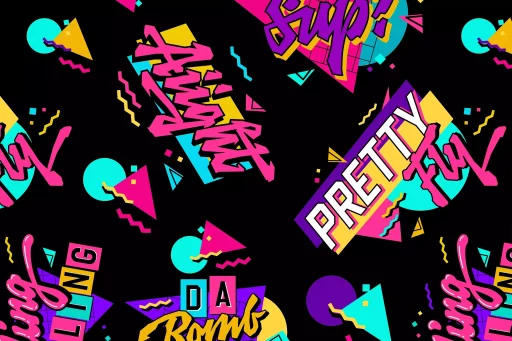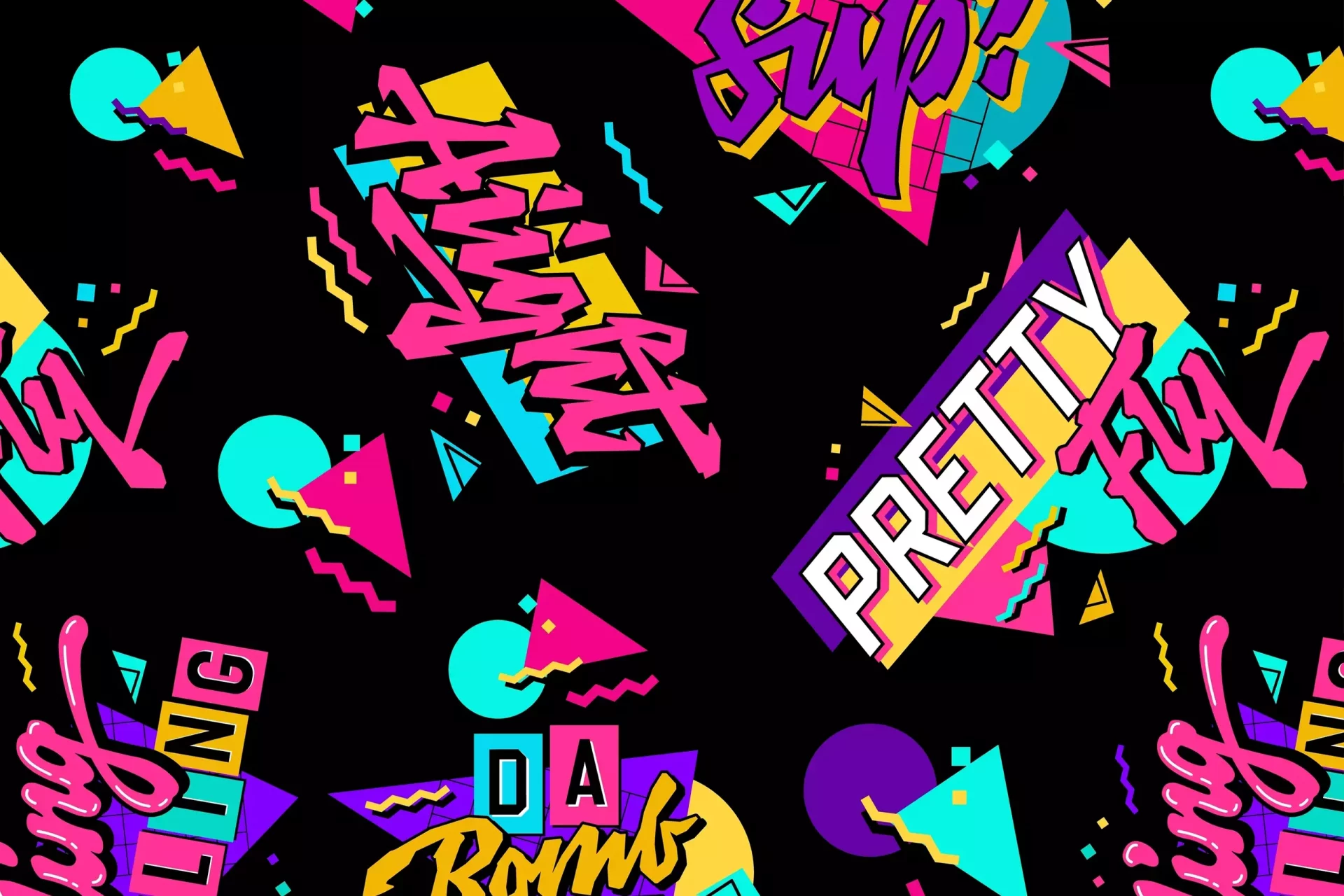Introduction
In the world of internet slang, the term “lore” has taken on a range of nuanced meanings that often go beyond its original definition. Traditionally, “lore” refers to a body of knowledge or traditions, often pertaining to myths or historical narratives. However, in the digital age, it has evolved into something more specific, especially in the context of gaming, fandoms, and online communities. This article dissects the modern slang usage of “lore” and its implications, providing examples, case studies, and even some statistics.
The Evolution of “Lore”
To understand how “lore” became part of contemporary slang, we must first explore its etymological roots. The word “lore” originated from Old English, meaning “to teach, to learn.” It has always been associated with knowledge—specifically, knowledge that is passed down through storytelling.
- Historical Context: Historically, lore has encompassed everything from folklore to religious tales.
- Contemporary Shift: In modern usage, especially online, lore refers more specifically to the background stories, character details, and mythos that inform a narrative universe, especially in gaming and media.
Modern Usage of Lore in Slang
In today’s context, “lore” is often used to describe the richness of storylines, character backstories, and mythological constructs within various fandoms, including video games, anime, and even comic book universes. Here are some examples:
- Video Games: Within games like “The Elder Scrolls” or “Dark Souls,” players often discuss the intricate lore that provides depth to their experience. For instance, players might reference the “lore of the dragons” in “Skyrim,” delving into the historical narratives that shape the game world.
- TV Shows and Movies: Fans of series like “Star Wars” or “Harry Potter” frequently engage in discussions about the lore of the universe, including unproduced stories, character backstories, and even fan theories.
Examples of Lore in Different Contexts
To illustrate the term’s usage further, let’s explore how ‘lore’ manifests in different genres and communities:
Gaming Community
In the gaming community, the conversation around lore is vibrant and ongoing. Game developers often enrich their games by providing extensive lore, encouraging players to dig deeper. Popular forums like Reddit or Discord channels often serve as hubs for these discussions.
Fandoms
In fandoms, “lore” becomes an integral part of the community’s identity. Fans create intricate post-event timelines, character motivations, and world-building discussions, further fueling interest and engagement.
Case Study: The Impact of Lore in Fan Engagement
Consider the phenomenon surrounding the game “League of Legends.” The game’s lore has expanded significantly since its launch, with each champion having a detailed backstory. Players often share their interpretations and theories on platforms like Reddit:
- Engagement: Players who understand the lore tend to stay engaged longer and invest more into the game, often attending events or buying related merchandise.
- Community Building: Lore discussions foster community, providing a sense of belonging among fans who share similar interests.
Statistics on Lore Engagement
The direct correlation between lore and player engagement can be highlighted through statistics:
- According to a 2022 study by Marketing Insights, 75% of gamers identified the lore of a game as a key factor influencing their enjoyment.
- Additionally, 60% of participants stated they participate in online discussions about lore, indicating a thriving community engagement.
Conclusion
In summary, the slang term “lore” extends far beyond a mere collection of stories or knowledge; it embodies a cultural phenomenon bridging gaming, media, and fandoms. Recognizing the significance of lore can enrich our understanding of popular culture and the communities that revolve around it. As we delve deeper into digital storytelling and online interactions, the relevance of lore in our lives is likely to grow even more.
Next time you hear someone reference “lore,” join in! It’s not just jargon; it’s a conversation starter that connects enthusiasts across various platforms.


